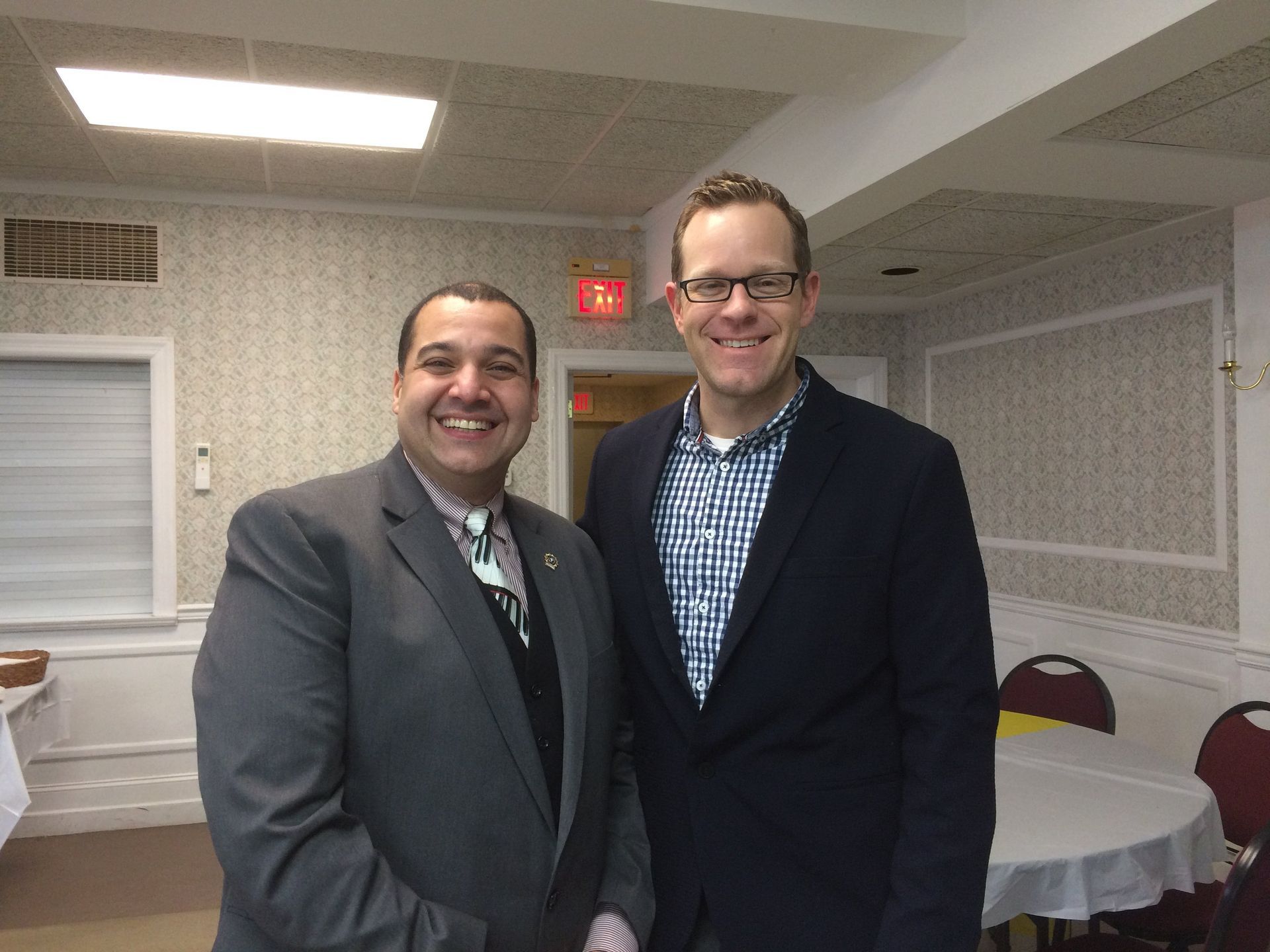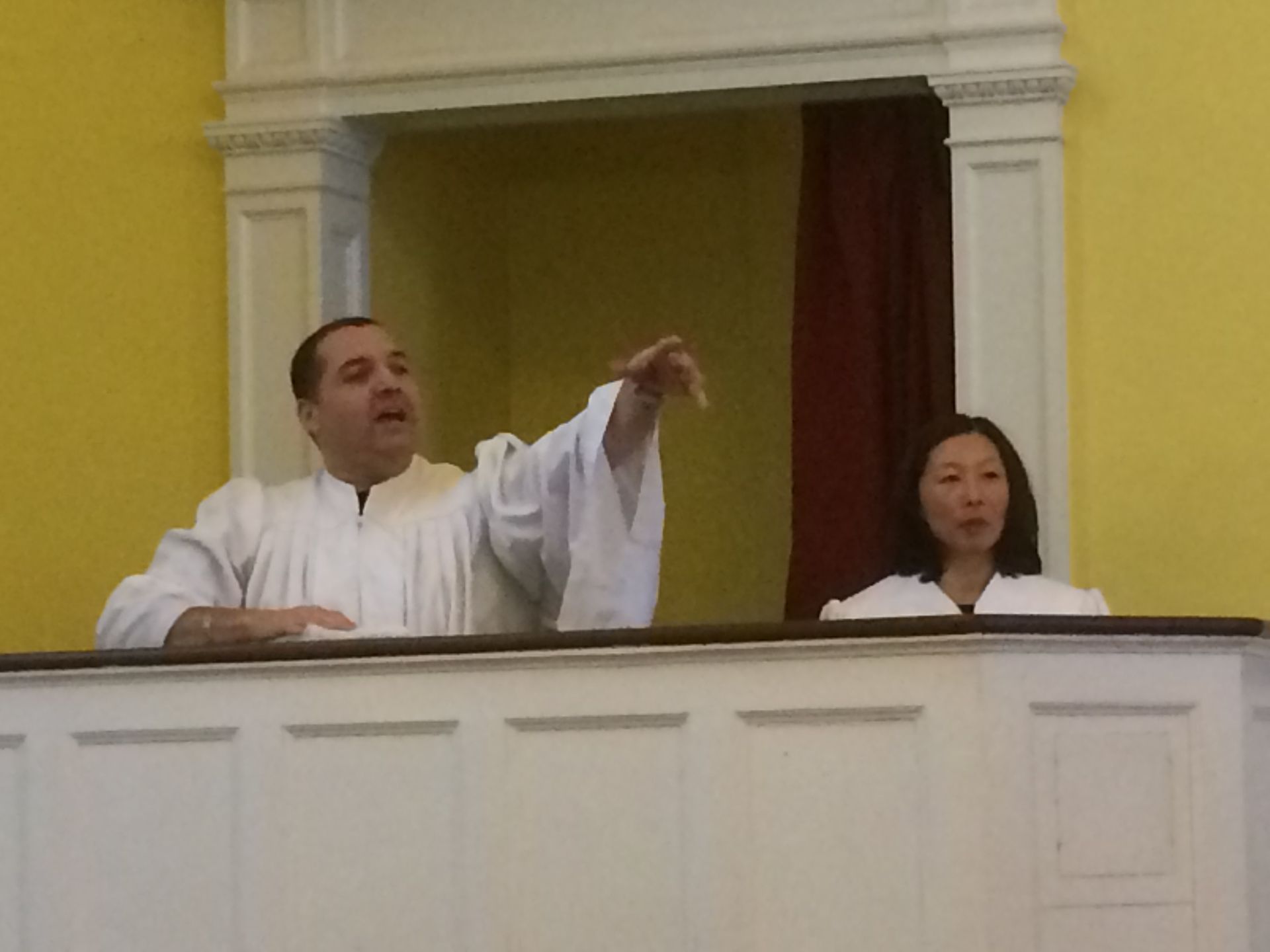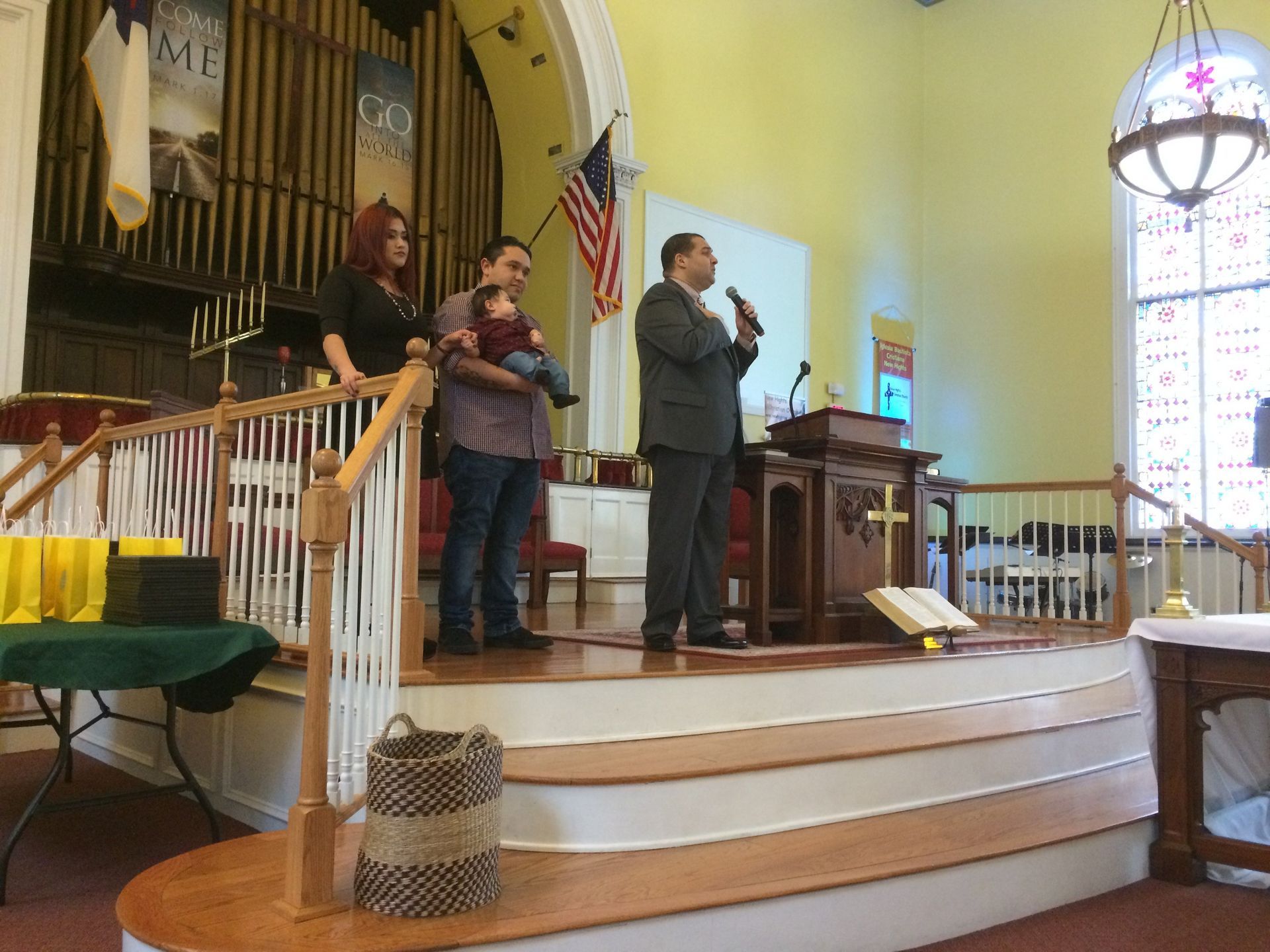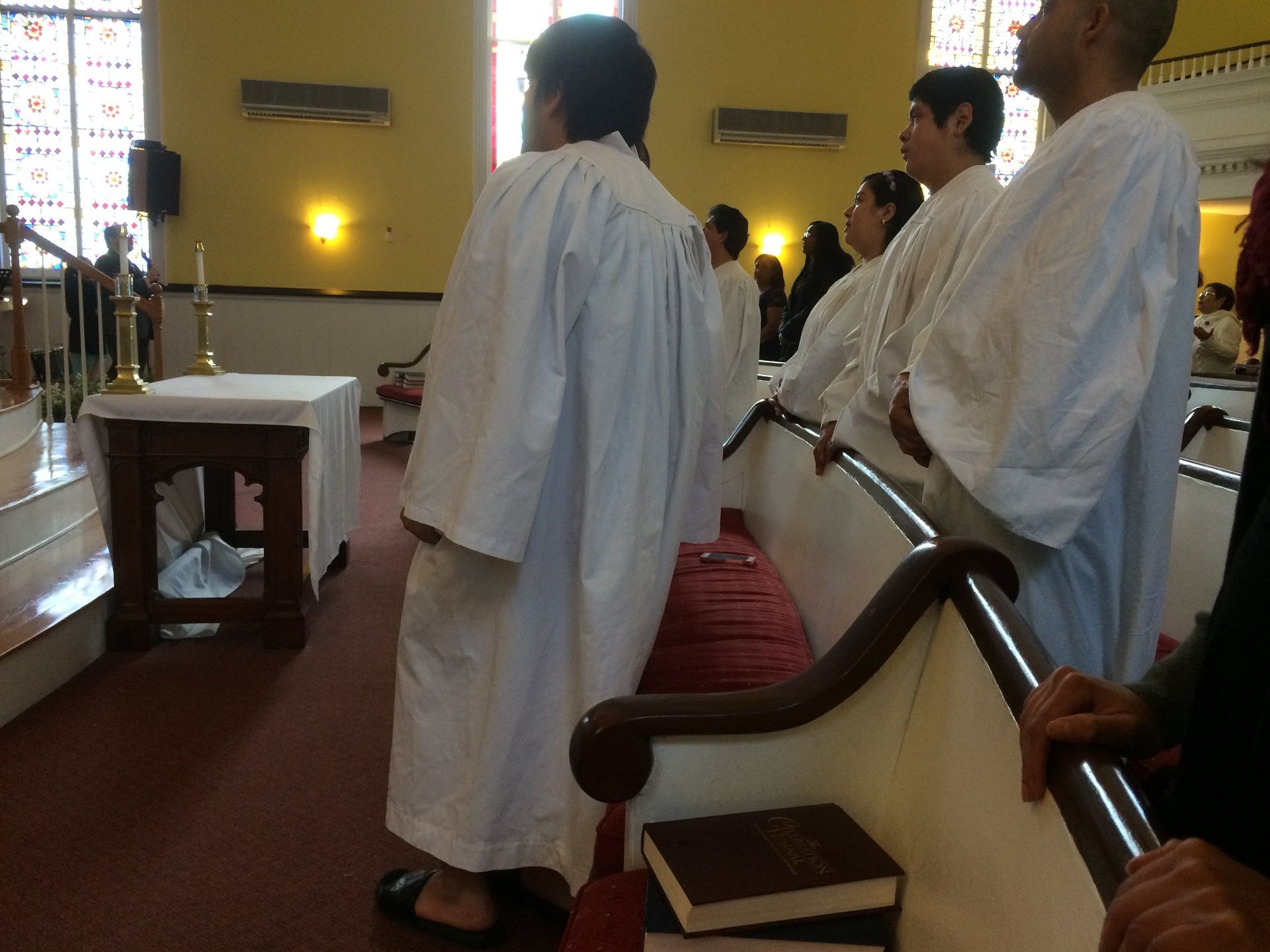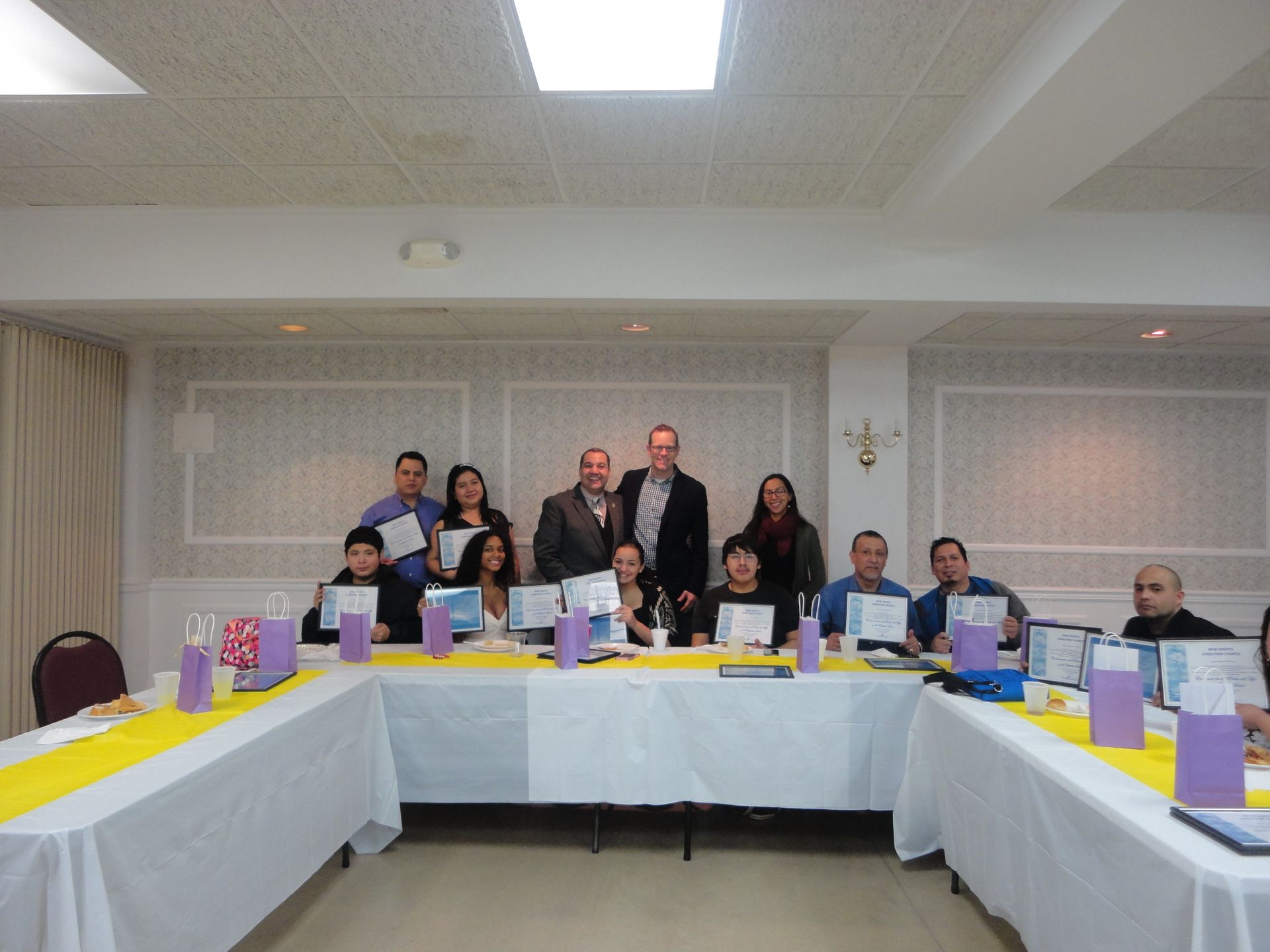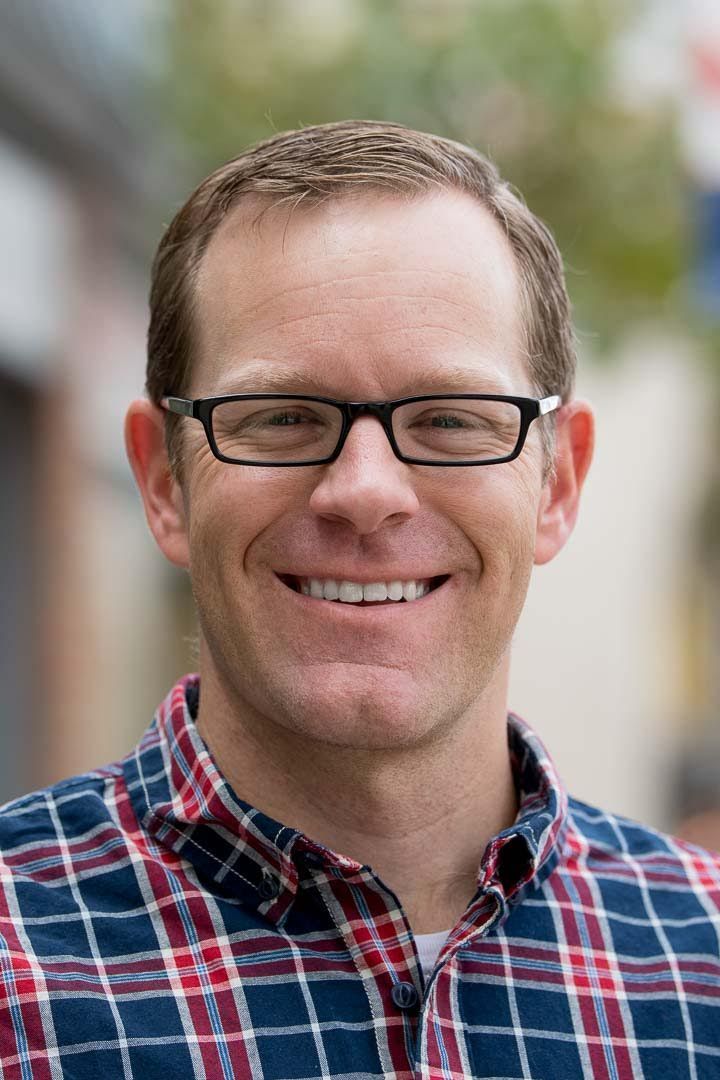
– J.R. Briggs
February 5 may have been Super Bowl Sunday, but Sunday afternoon many experienced something much more significant than the Patriots’ dramatic win. New Hights Christian Church, a brand new Spanish-speaking congregation in Hightstown, NJ, held their first baptism service that included their worship service, baptism, recognition of new members and dinner and cake afterward.
Pastored by Oscar Guerrero, New Hights was birthed through the support of several mission-oriented tribes that desire to see more churches birthed. Three years ago Oscar participated in a learning cohort with Fresh Expressions U.S., a sister organization of Ecclesia. At the encouragement of Mia Chang (Ecclesia board member and pastor of nearby Next Gen Church in West Windsor, NJ) – along with the American Baptist Churches of New Jersey, Oscar attended the Fresh Expressions trainings and learned about joining with the Spirit in birthing new, creative expressions and extensions of church right where you are.
While the church started in Oscar’s living room just four months ago, services now include more than 50 people. That Sunday afternoon not only included 12 baptisms of new believers, but also included the recognition of 38 new members to the church! They serve the elderly and shut-ins, run after school tutoring for kids, started a youth ministry and host several Bibles studies each week. In that Sunday service, singing, praying and preaching in Spanish (which was then translated to English) reminded everyone in attendance of our big God who is worshiped and understood in various languages and cultures. Speaking of prayer, Oscar’s heart for and conviction of the importance of prayer is clear. “If we don’t pray,” he said, “our church will die. Prayer is how we depend upon God – for everything.”
Mia Chang and J.R. Briggs both present, where Mia assisted with the baptisms. She and J.R. gave a brief word of encouragement to the baptism candidates and laid hands on the candidates in prayer at the end of the service. When Ecclesia envisioned initiating a Pentecost Offering in 2016 we were praying faithfully that we could bless a congregation in a way that birthed fruit for the kingdom. What a privilege it is to partner with New Hights – in prayer, finances and relationships – in order to see new congregations bring God’s hope-filled mission to a world in need.
